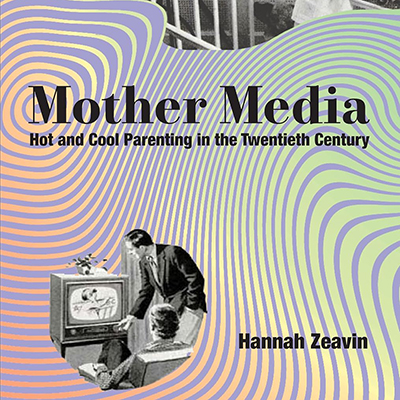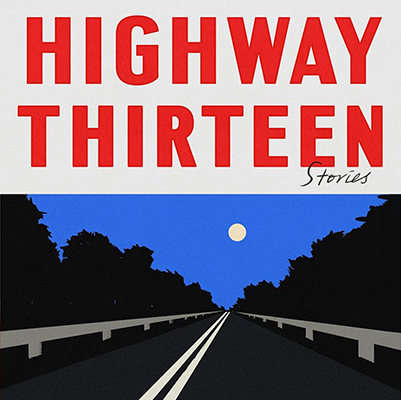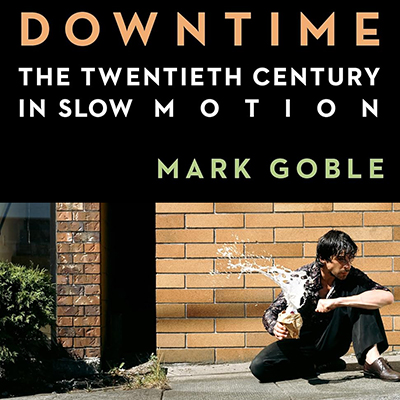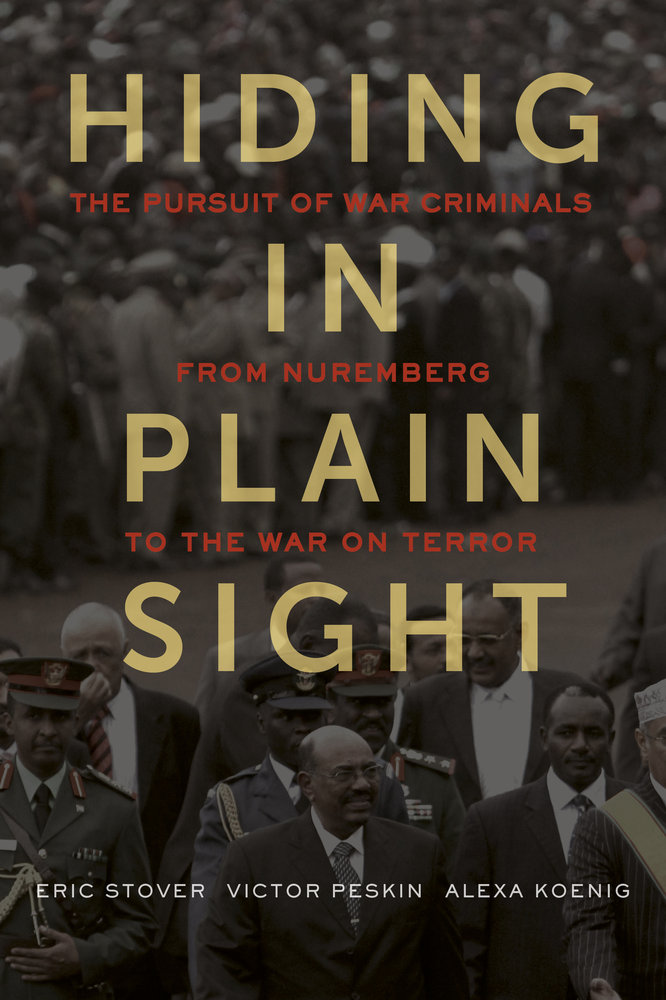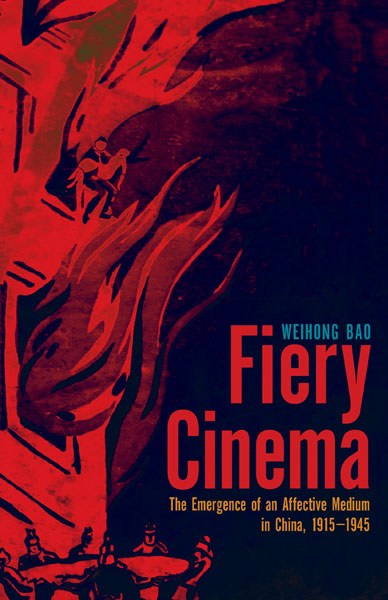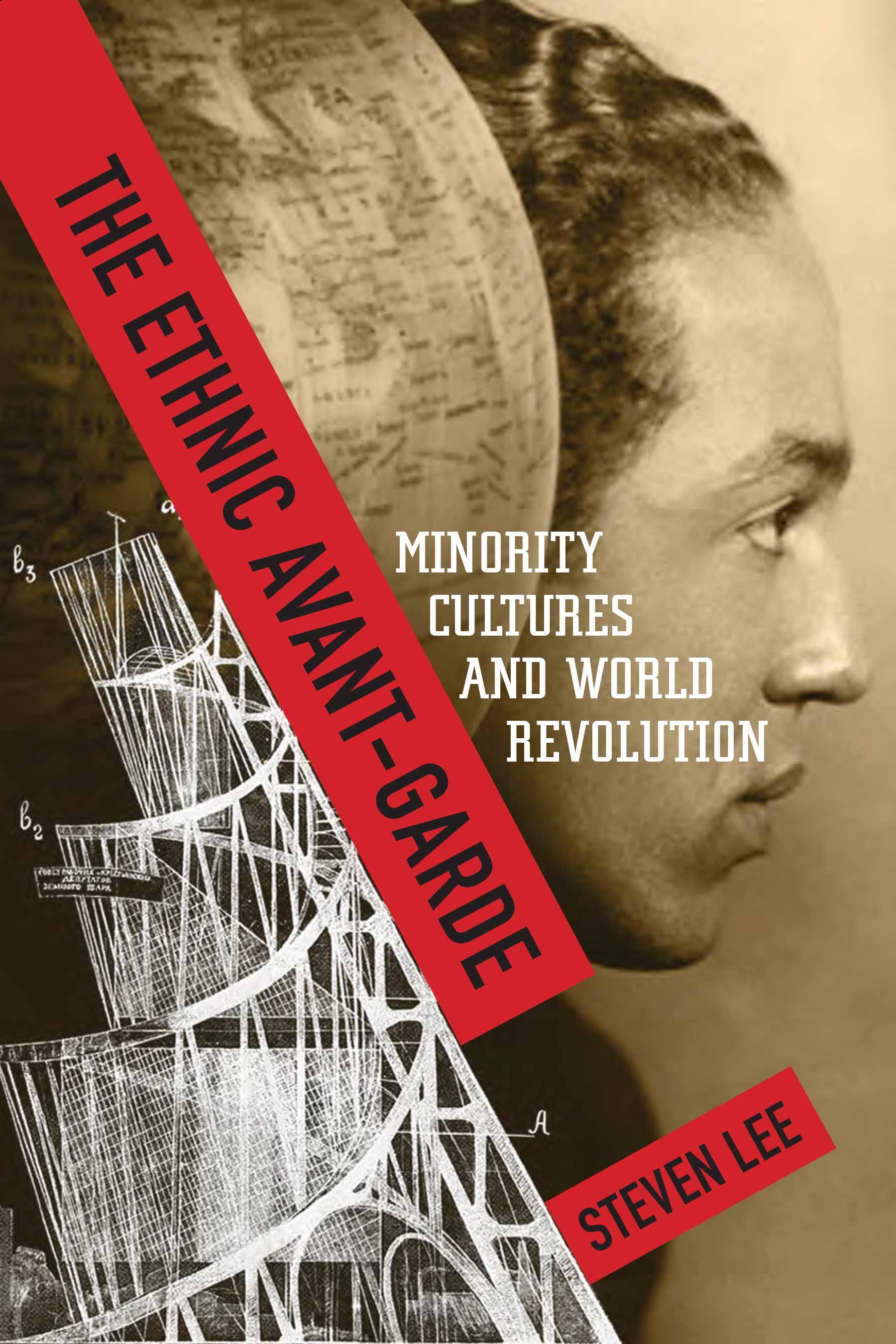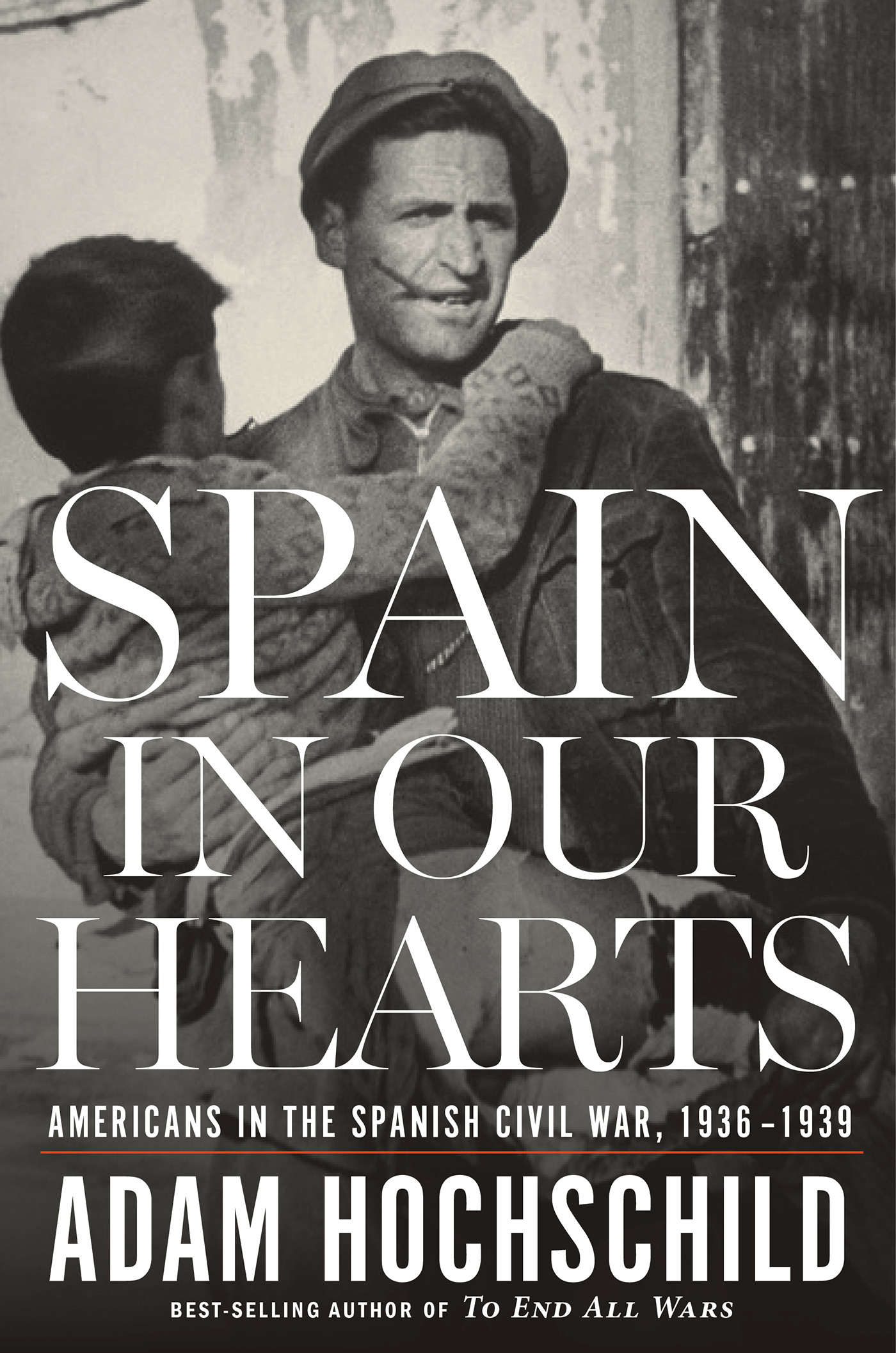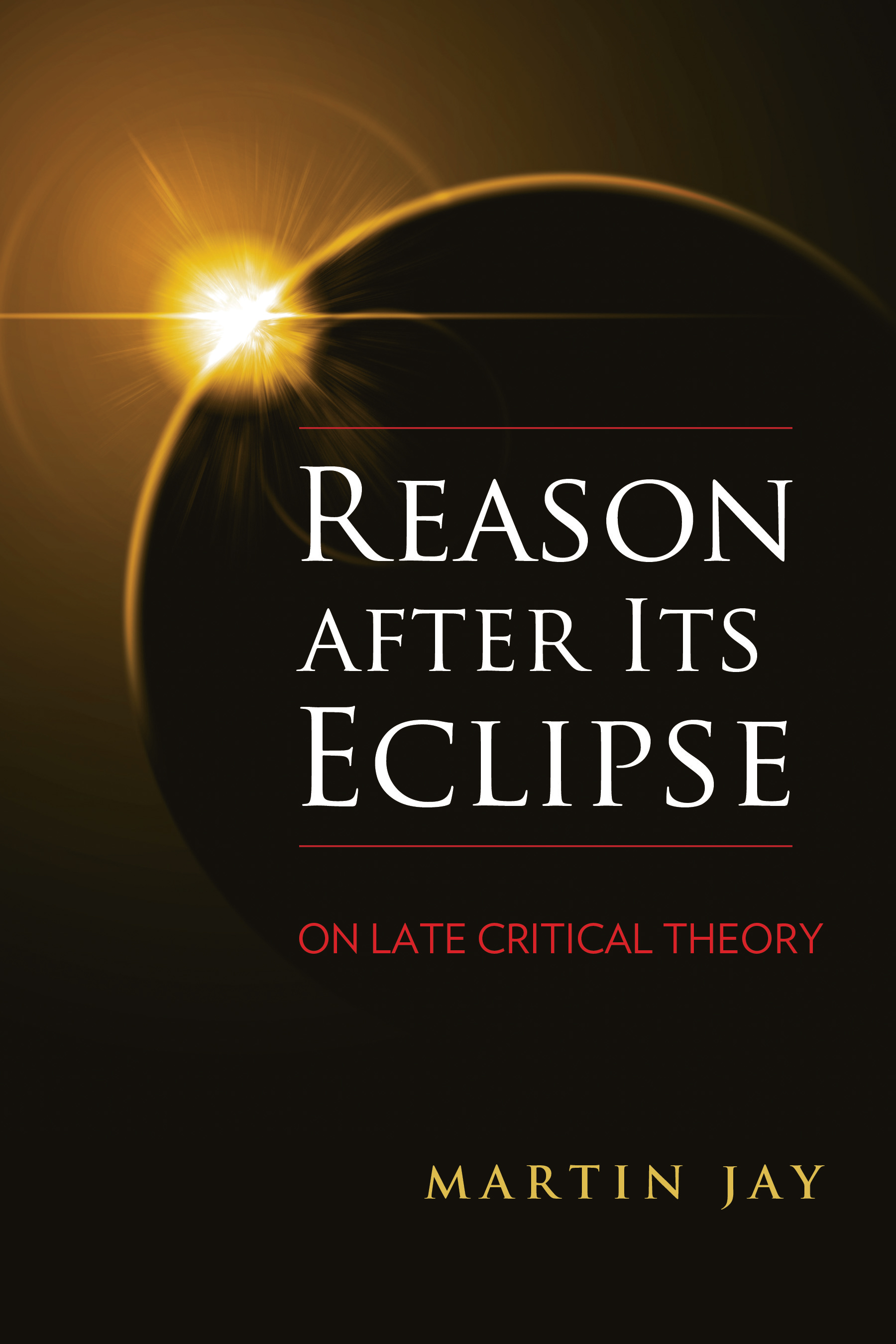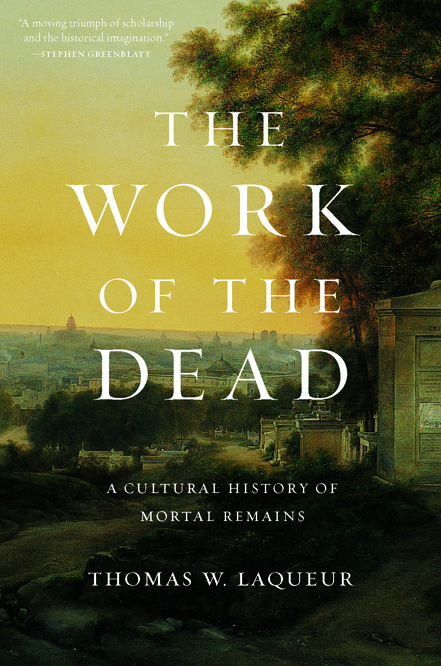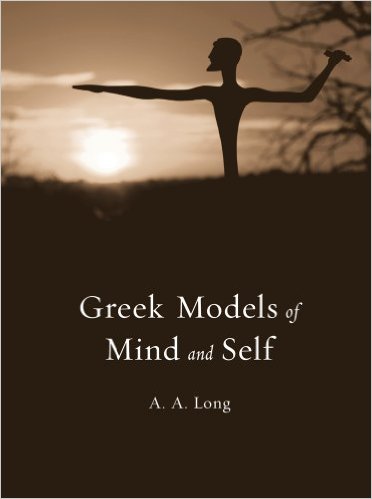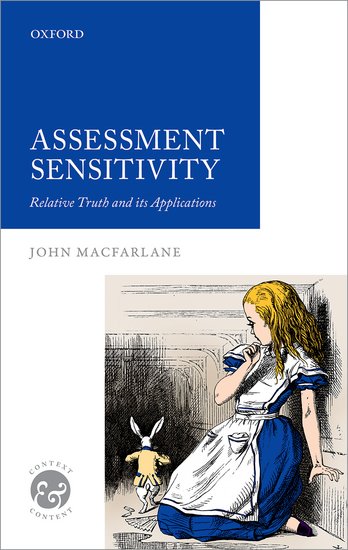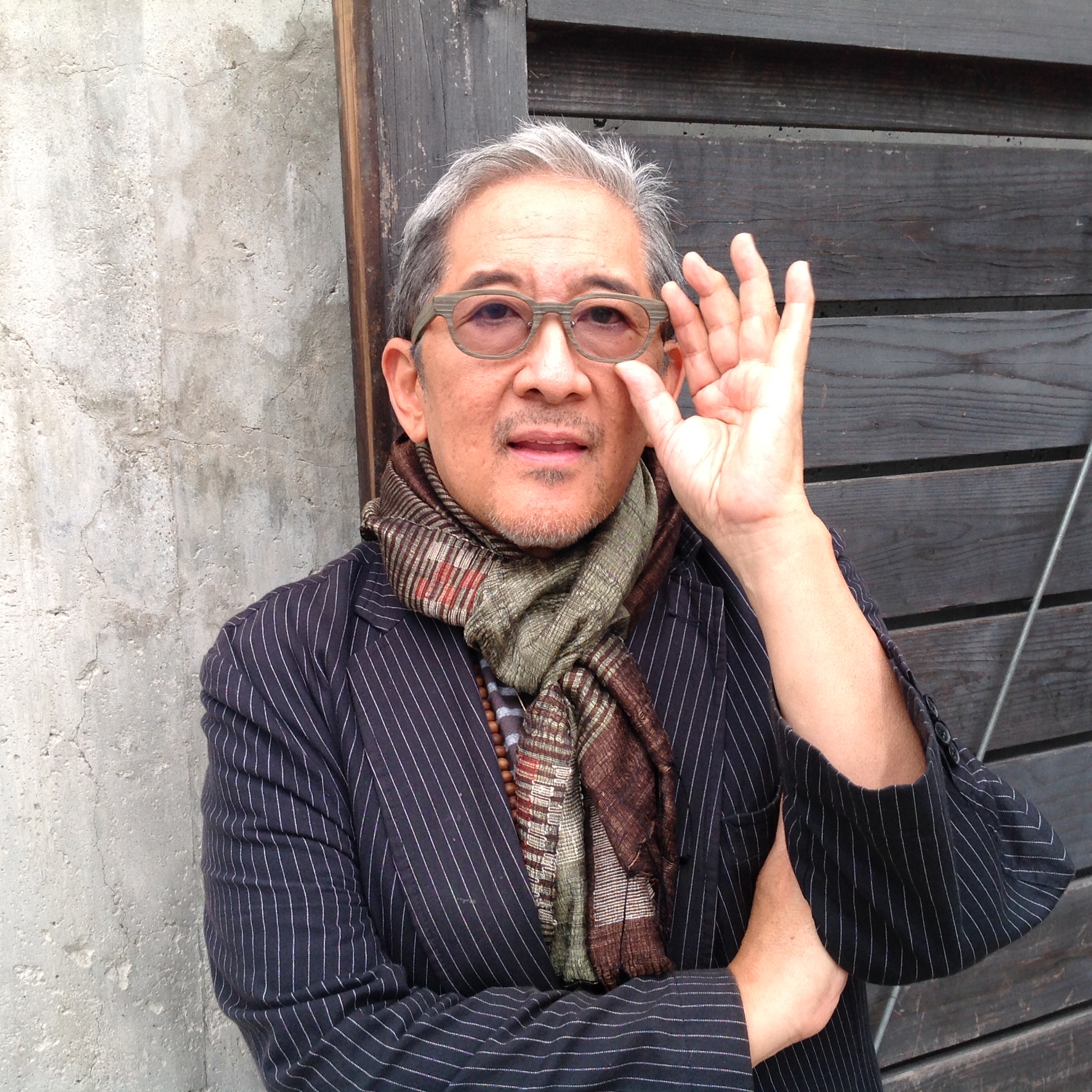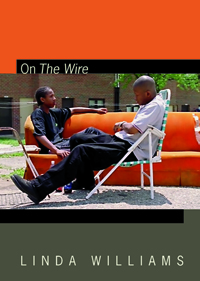The Townsend Center presents a lunchtime series celebrating the intellectual and artistic endeavors of the UC Berkeley faculty. Each Berkeley Book Chat features a faculty member engaged in conversation about a recently completed publication, performance, or recording. The series highlights the extraordinary breadth and depth of Berkeley’s academic community.
Hannah Zeavin tells the complicated story of American techno-parenting, for an object lesson in how using technology in our most intimate relationships became a moral flash point.
Fiona McFarlane's gripping collection of short stories explores the reverberations of a serial killer’s crimes in the lives of everyday people.
Mark Goble explores how slow motion in film and literature reveals a deep cultural fascination with the uneven speeds of modern life and our ability to comprehend them.
Concrete Encoded: Poetry, Design, and the Cybernetic Imaginary in Brazil
Nathaniel Wolfson shows how the concrete movement in art and poetry — which burst onto Brazil’s cultural stage in the 1950s, during a dizzying period of modernization — presciently grappled with an emerging information age.
In his exploration of plays named after objects, Mario Telò offers a new approach to the politics of familial and social relations in Roman comedy.
Past Events
Hiding in Plain Sight: The Pursuit of War Criminals from Nuremberg to the War on Terror
Authors Stover, Peskin, and Koenig tell the story of the global effort to apprehend the world's most wanted war criminals, and attempt to understand why so many states ignore their legal obligations to arrest and try war crimes suspects.
Fiery Cinema: The Emergence of an Affective Medium in China, 1915-1945
Weihong Bao’s book traces the permutations of cinema as an affective medium in China, exploring its role in aesthetics, politics, and social institutions.
Professor of English Steven Lee’s book makes a unique contribution to interwar literary, political, and art history, drawing extensively on Russian archives, travel narratives, and artistic exchanges to establish the parameters of an undervalued "ethnic avant-garde."
Spain in Our Hearts: Americans in the Spanish Civil War, 1936-1939
Graduate School of Journalism lecturer Adam Hochschild explores the Spanish Civil War (1936-1939) through the lives of idealistic international young volunteers as well as American journalists, scholars, citizens, and a right-wing oil company executive who supplied Franco’s army.
Professor of History Martin Jay’s book tackles a question as old as Plato and still pressing today: what is reason, and what roles does and should it have in human endeavor?
Professor of History Thomas Laqueur's book, The Work of the Dead, offers a richly detailed account of how and why the living have cared for the dead, from antiquity to the twentieth century.
Professor Emeritus of Classics Anthony Long’s book offers a wide-ranging study of Greek notions of mind and human selfhood from Homer through Plotinus.
Professor of Philosophy John MacFarlane’s book gives a clear account of what it is to be a relativist about truth and uses this view to provide a fresh perspective of parts of our thought and speech that have resisted traditional methods of analysis.
Professor of Theater, Dance, & Performance Studies Philip Kan Gotanda will read and discuss excerpts from three current projects Remember the I-Hotel (play), Both Eyes Open (opera), and Chelsea & Rodney’s Tango (video).
Professor Emerita of Film & Media and Rhetoric Linda Williams’ book examines the HBO television series The Wire (2002-2008). She argues that the series transforms close observation into an unparalleled melodrama by juxtaposing the good and evil of individuals and institutions. Introduction by Professor Alan Tansman.
